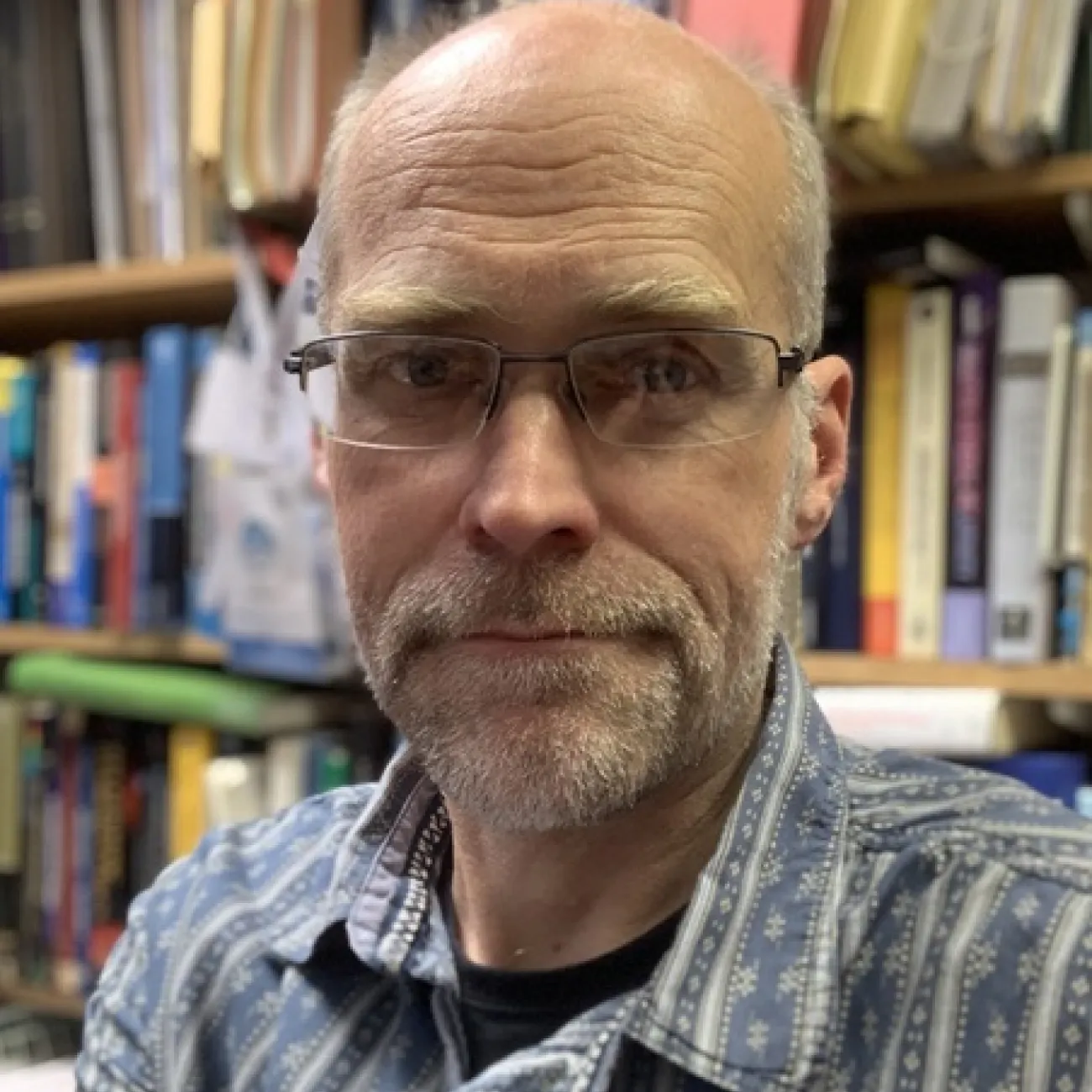About
Nils Andersson is Professor of Applied Mathematics at the University of Southampton. He is an expert on Einstein's relativity and a wide range of related problems in astrophysics. He served as President of the International Society of General Relativity and Gravitation 2019-22. Amongst scientists he is well known for his monograph Gravitational-Wave Astronomy: Exploring the Dark Side of the Universe, while the younger public may know him better as award winning author of a number of children’s books.
Research
Research groups
Research interests
- General relativistic astrosphysics
- Black holes
- Neutron stars
- Gravitational-wave astronomy
Current research
Nils is interested in many problems in general relativistic astrosphysics, in particular related to the dynamics of black holes and neutron stars.
In the last few years, his main focus has been on neutron stars and issues ranging from the fundamental physics aspects (superfluidity, elasticity etcetera)to observed dynamics(pulsar glitches, magnetar flares and spin-variability in accreting systems).
Nils' current research is mainly motivated by the promises of gravitational-wave astronomy.
Research projects
Active projects
Completed projects
Publications
Pagination
-
Previous page Previous
- …
- 7
- 8
- 9
- 10
- 11
- …
-
Next page
Next
Teaching
Nils has taught on a number of modules, more recently MATH3006 Relativity, Blackholes & Cosmology.
External roles and responsibilities
Biography
Elected Chair of Institute of Physics, Gravitational Physics Group
Professor of Applied Mathematics, Southampton University
STFC Senior Research Fellow
Reader, Southampton University
Philip Levelhulme Prize Fellowship in Astrophysics
Lecturer, Southampton University
Postdoc, University of Tubingen, Germany
Postdoc, Washington University, St Louis, USA
Postdoc, Cardiff University, UK
PhD Theoretical Physics, Uppsala University, Sweden
BSc Theoretical Physics, Uppsala University, Sweden
Prizes
- Philip Leverhulme Prize Fellowship in Astrophysics (2001)
- 2024 Karl Schwarzschild Prize for Astrophysics (2024)
- Philip Leverhulme Prize Fellowship in Astrophysics (2001)
- 2024 Karl Schwarzschild Prize for Astrophysics (2024)
